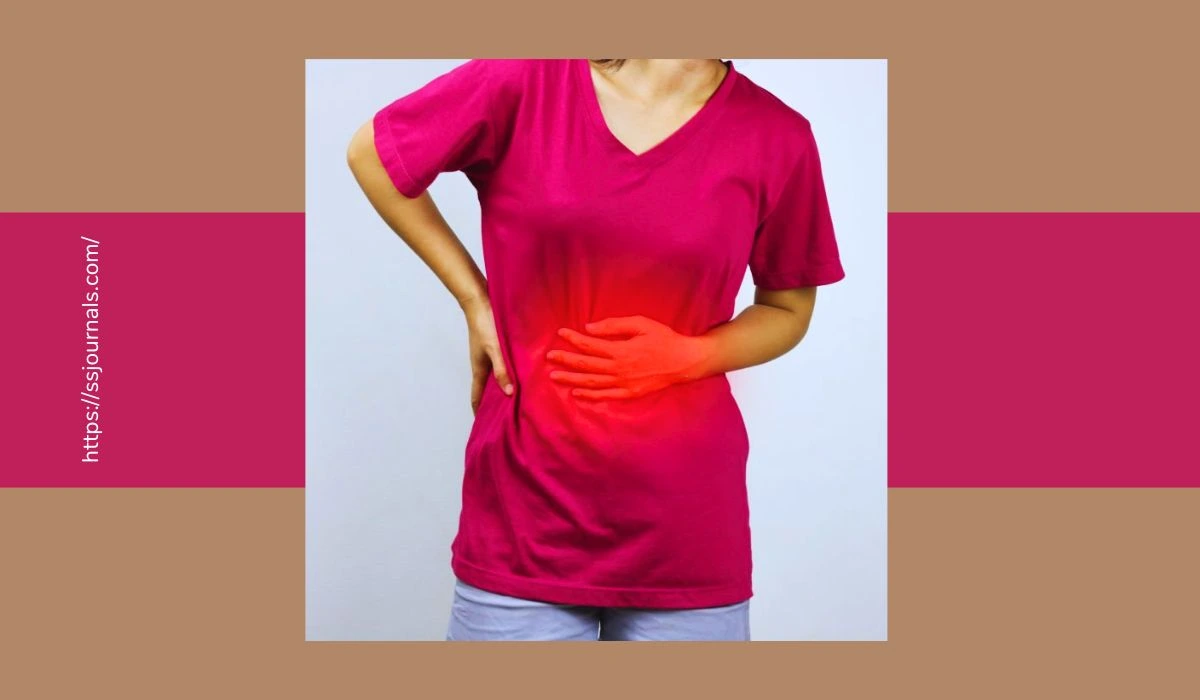Constipation is a common condition affecting people of all ages, but severe constipation can greatly impact the quality of life. While occasional constipation is usually not serious, severe chronic constipation needs to be addressed. This article will provide an overview of severe constipation, discuss treatments, provide prevention tips, and answer some frequently asked questions.
Understanding Severe Constipation
Constipation is typically defined as having fewer than three bowel movements per week. With severe constipation, you may go a week or more without a bowel movement and experience painful, difficult evacuation. It’s often accompanied by abdominal pain, bloating, lack of appetite, and nausea.

Severe constipation has many possible causes, including:
- Diet – Diets low in fiber and high in processed foods can lead to constipation. Dehydration can also exacerbate the problem.
- Medical conditions – Diseases affecting the colon such as irritable bowel syndrome or neurological conditions like multiple sclerosis or Parkinson’s can impair normal bowel function.
- Medications – Opioid pain medications, antacids, blood pressure medications, and antidepressants are common culprits.
- Bowel obstruction – Scarring from surgery, tumors, or twists in the colon can cause an intestinal blockage. This requires immediate medical care.
- Ignoring the urge to have a bowel movement – This can weaken the bowels and cause constipation.
- Pregnancy – Hormonal changes and pressure from the uterus can trigger constipation.
If simple lifestyle changes don’t provide relief, it’s important to see a doctor to identify any underlying medical issues. Diagnostic tests may include a physical exam, blood tests, abdominal x-ray, or colonoscopy.
How To Treat Severe Constipation?
Making certain lifestyle modifications can help treat stubborn constipation:
✅ Lifestyle Modifications To Treat Severe Constipation
- Increase fiber – Gradually boost fiber intake through fruits, vegetables, whole grains, beans, nuts, and seeds. Fiber softens stool and promotes regularity.
- Drink more fluids – Proper hydration is key, so aim for at least 64 ounces of water daily. Additionally, warm liquids like coffee, tea, and broth can stimulate the bowels.
- Exercise regularly – Physical activity accelerates digestion and can alleviate constipation. Strive for at least 30 minutes per day.
- Establish a bathroom routine – Going to the bathroom at the same time each day trains the body and makes constipation less likely.
- Try probiotics – These healthy gut bacteria aid digestion and may ease constipation. Yogurt with live cultures or probiotic supplements are sourced.
✅ Medical Interventions To Treat Severe Constipation
- Laxatives – These help loosen stool and induce bowel movements. Types include stimulants, bulk-forming, softeners, lubricants, and osmotic laxatives.
- Enemas – These flush out the lower bowel with liquid to quickly spur a bowel movement.
- Suppositories – Glycerin suppositories lubricate and irritate the rectum to promote a bowel movement.
- Biofeedback – This training helps strengthen and coordinate abdominal and pelvic floor muscles.
- Surgery – Those with severe bowel obstruction or damage may need portions of the diseased colon removed.
Prevention Tips For Severe Constipation
Making lifestyle adjustments can help prevent severe constipation from occurring:
- Eat 25-35 grams of fiber daily – High-fiber foods include fruits, vegetables, beans, whole grains, and bran cereals.
- Drink plenty of fluids – Water, juice, coffee, tea, and broth all contribute to daily fluid needs.
- Exercise regularly – Physical activity stimulates the intestines and can prevent constipation before it starts.
- Do not ignore the urge to have a bowel movement – Holding it in can weaken bowel muscles.
- Establish bathroom routine – Going at the same time each day trains the body.
- Avoid processed foods – These lack fiber and can lead to constipation.
- Manage stress – Anxiety and mental stress can disrupt normal bowel function.
- Do not overuse laxatives – Dependence on laxatives can weaken bowel muscles.
- Seek medical guidance – Doctors can help identify potential causes and customize treatment.
Conclusion
Severe constipation significantly impacts the quality of life. Making dietary modifications, exercising, hydrating properly, and going to the bathroom when urgency hits can often alleviate symptoms. Over-the-counter remedies and medical procedures may also provide relief. Identifying and addressing any underlying condition causing constipation is key. Working with a doctor and being proactive can help restore normal bowel function.
FAQ
A: 25-35 grams of fiber per day is recommended, obtained through high-fiber foods like fruits, vegetables, beans, nuts, seeds, and whole grains.
A: Enemas and certain oral laxative supplements can provide rapid relief, but should not be used long-term. Seeking medical guidance is advisable.
A: If constipation persists longer than 3 weeks, is accompanied by weight loss or bleeding, or obstructive symptoms are present, see a doctor promptly.
A: Yes, probiotics may alleviate constipation by promoting a healthy, balanced gut environment. Yogurt with live active cultures or probiotic supplements can help.
A: Yes, opioid pain medications often cause severe constipation with long-term use. Consulting a doctor for a bowel regimen is recommended if taking opioids.

